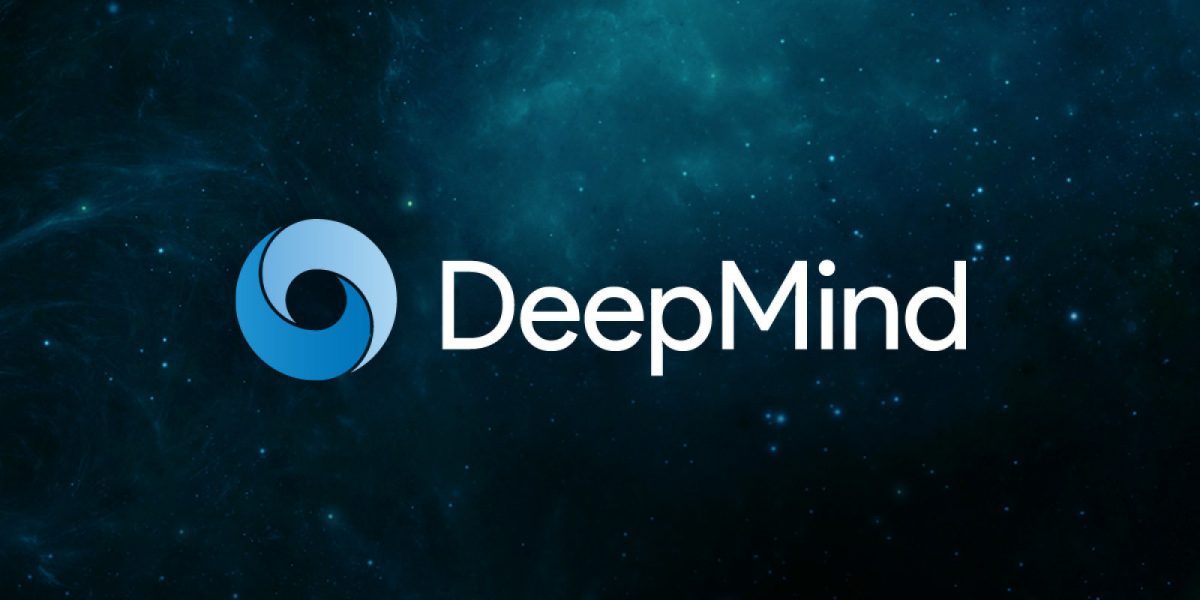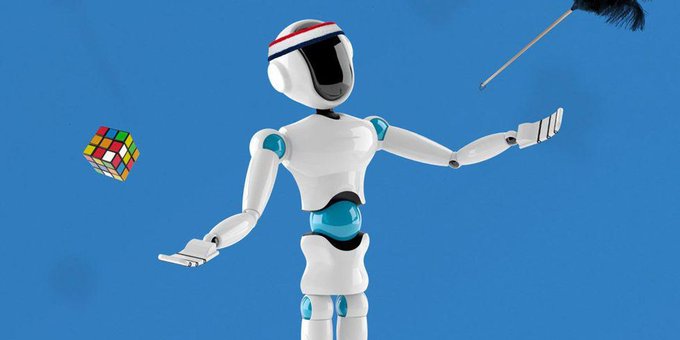
When successful people say they're not the best at anything, what they really mean is that they are not the best alongside any of the dimensions that we humans have a name for and that we can easily quantify (running 100m/chess/comp. programming/traveled the most/h-index...)
1/
1/
But if we were to quantify "bestness" as the length of the resultant vector across all of the relevant dimensions - then the scoreboard changes.
They are usually, all in all, the most well-rounded professionals.
2/
They are usually, all in all, the most well-rounded professionals.
2/
That's why we don't have a global scoreboard for "the best entrepreneur", "the best leader", etc.
These roles have an immense breadth and it's impossible to quantify and rank those people.
3/
These roles have an immense breadth and it's impossible to quantify and rank those people.
3/
Try and quantify charisma, emotional intelligence, people skills, management skills (time/money/people, etc.), sales/financial/legal/tech know-how of a single person, and spit a single number out.
Not going to happen.
4/
Not going to happen.
4/
People usually use the net worth as a proxy for how successful somebody is - but that's, I think we can all agree, a poor metric because some people give way more than they take in return.
5/
5/
Not to mention that it fails to capture whether the impact they had is net positive or negative for the society as a whole.
6/
6/
Inspired by @jockowillink saying he's not the best at anything, whereas in fact, his combination of physical and mental stamina, EQ, coupled with amazing leadership is what makes him one of a kind.
We just don't have a scoreboard for people like him.
7/
We just don't have a scoreboard for people like him.
7/
• • •
Missing some Tweet in this thread? You can try to
force a refresh







